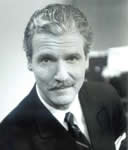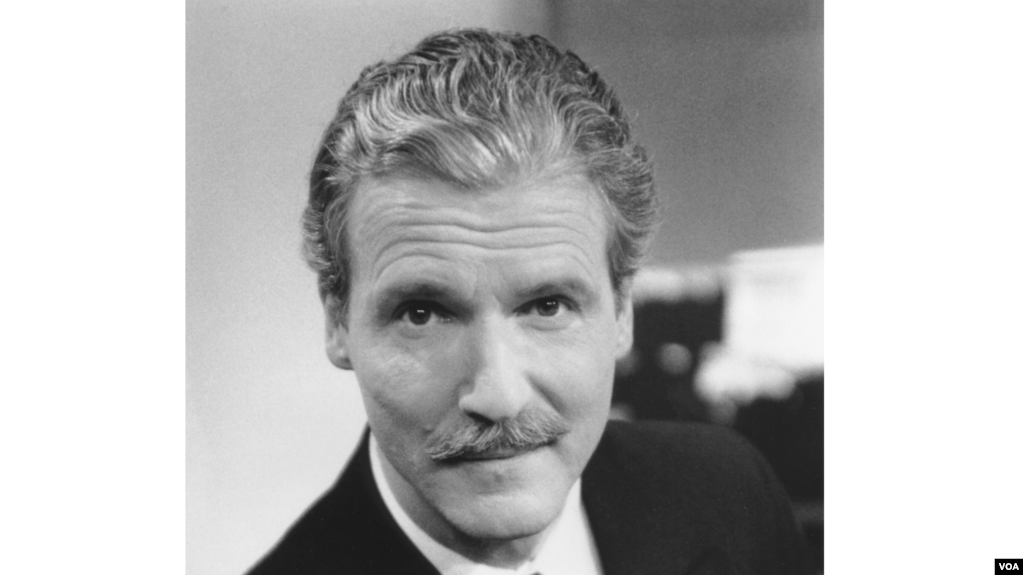BBG Watch Commentary

Former Voice of America director Robert Reilly has written an op-ed for The Wall Street Journal in support of reforms of U.S. international broadcasting proposed in the bipartisan bill, H.R. 4490 – the Royce/Engel U.S. International Broadcasting Reform Legislation, which was passed uninimously by the House Foreign Affairs Committee and now awaits further legislative action in the U.S. Congress.
ROBERT REILLY: In 1999 Congress abolished the United States Information Agency, which had the responsibility of telling America’s story during the Cold War. It gathered up the leftover government broadcasting services under an independent, part-time Broadcasting Board of Governors, or BBG. As a result, U.S. influence abroad waned. This was a terrible mistake that can now be set right, at least in part, by creating the U.S. International Communications Agency.
Mr. Reilly was director of the Voice of America from 2001 to 2002. He serves on the board of the Middle East Media Research Institute. Robert Reilly is also a member of the Advisory Board for the Committee for U.S. International Broadcasting (CUSIB – cusib.org), an independent NGO which supports journalists and media entities reporting to the Broadcasting Board of Governors (BBG). CUSIB advocates for management reforms to make these outlets more effective as providers of uncensored news, ideas and opinions to countries without free media.
Mr. Reilly points out in his op-ed that both Democrats and Republicans, including President Obama’s former Secretary of State Hillary Clinton and Sen. Tom Coburn (R., Okla.), have criticized U.S. international media outreach as “defunct” (Clinton) and as “the most worthless organization in the federal government” (Coburn).
ROBERT REILLY: In 2001 the BBG wanted to eliminate VOA radio broadcasts to Uzbekistan. Secretary of State Colin Powell wrote the board not to do this because of U.S. strategic interests. The chairman sent him a letter back thanking him for his point of view.
The board ultimately relented and soon thereafter the U.S. deployed troops in Uzbekistan to support operations in Afghanistan. I asked a board member if he was glad that they hadn’t eliminated the Uzbek service, so we can explain to the people there why U.S. troops are in their country. “Oh no,” he responded, “we go in and out of radio markets all the time.” It didn’t occur to him that the Voice of America was the on-the-air American flag to the Uzbek people and that one does not continually raise and lower the flag without a depressing effect on the people whose confidence we are trying to gain.
This episode was unfortunately typical of board members who had no experience in foreign policy or public diplomacy, much less in the war of ideas (though the current board is a big improvement in this respect). Most BBG members have been highly accomplished individuals who made their fortunes in the media. They sought to replicate their success according to commercial criteria, which meant aiming at large youth audiences and abandoning markets where such audiences could not be attracted.
Thus the BBG eliminated VOA broadcasting to Brazil, India, Russia and the Arab world (replacing it with a pop music station, Radio Sawa, which had only two short newscasts per hour), and repeatedly tried to eliminate VOA’s China services. Who listens became less important than how many listened, or to what. Too often board members proclaimed that government broadcasting had nothing to do with U.S. public diplomacy. At which point, one might reasonably ask, then why are we doing it? And why should the U.S. taxpayer pay for it?
